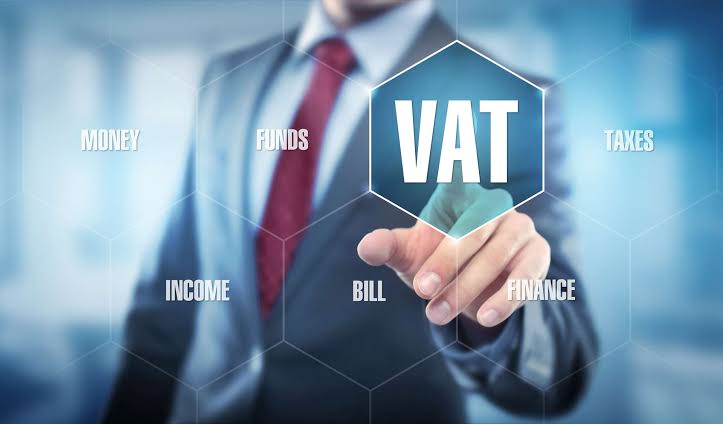Staff Correspondent
Published:2022-01-01 08:54:51 BdST
E-payment of VAT above Tk 5.0m mandatory from January 1
Businesses will have to pay VAT amounting to Tk 5.0 million and above in a single challan through online mode on a mandatory basis from January 1, 2022 (Saturday).
The National Board of Revenue (NBR) made the e-payment mandatory by issuing an order - signed by Md Masud Sadiq, member of the NBR's VAT policy wing - on Thursday as per VAT and Supplementary Duty Act-2012, section 45 and VAT and SD rule-2016, 118Ka, in order to check VAT evasion.
The said amount of VAT, payable against any of the treasury challan, has to be paid through e-payment or A-challan, the order said.
On July 16, 2020, the NBR launched VAT e-payment under its VAT Online System, keeping it optional.
In October 2020, the NBR also launched an automated challan (a-challan) system, allowing taxpayers to deposit tax and fees through online banking system and mobile financial services (MFS).
Mr Sadiq said the NBR was working to build a modern online based VAT system to help businesses deposit the consumers' tax within the shortest possible time without hassle.
The initiative will also ensure proper depository of VAT to the public exchequer, he said.
"We have a plan to bring down the ceiling gradually by next two years so that businesses can come to the online payment system in phases," he added.
The recent order would not affect small or medium businesses as Tk 5.0 million and above in one challan is a huge amount of VAT that usually large businesses pay, he added.
According to official sources, British American Tobacco Bangladesh is currently paying VAT through e-payment.
Federation of Bangladesh Chambers of Commerce and Industry (FBCCI) Director Abu Motaleb hailed the move but requested not to harass the businesses who would pay VAT below the ceiling.
He, however, opposed the plan on gradually bringing down the threshold for mandatory e-payment.
"Small businesses need some space to grow. They are not able to carry the expenditure of the e-payment system," he added.
E-payment was optional earlier, but three of the NBR wings gradually started making it mandatory by fixing ceilings.
All the three wings - Income Tax, Customs and VAT - are now engaged in making e-payment of taxes mandatory in phases.
Digital payment of customs duties and taxes above Tk 0.2 million has already been made mandatory.
E-payment of customs duties and taxes has been optional since March 2017.
Tax officials said transition of tax payment method to e-payment is expected to make a significant impact on internal revenue mobilisation in a simplified and efficient way.
The decision on making e-payment mandatory was taken according to a condition attached to an Asian Development Bank (ADB) loan, officials said.
However, the development partner suggested making VAT payment of Tk 50,000 and above online using the banking system or MFS.
The NBR introduced the e-payment system to implement Article 7.2 of the World Trade Organisation's (WTO) Trade Facilitation Agreement.
As per a roadmap of the NBR, issued on August 31, 2020, all the customs houses and stations across the country would implement the e-payment system, irrespective of any amount of duties and taxes, at their respective houses by January 1, 2022.
Unauthorized use or reproduction of The Finance Today content for commercial purposes is strictly prohibited.


